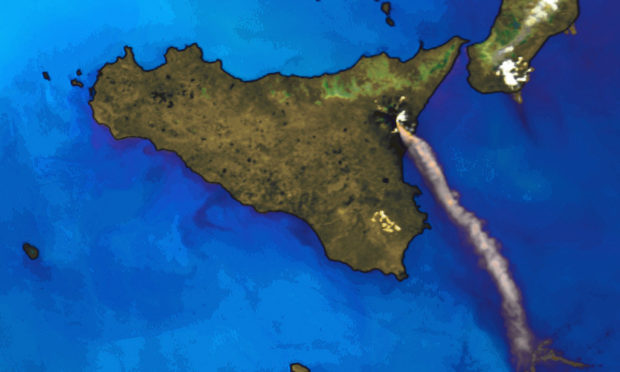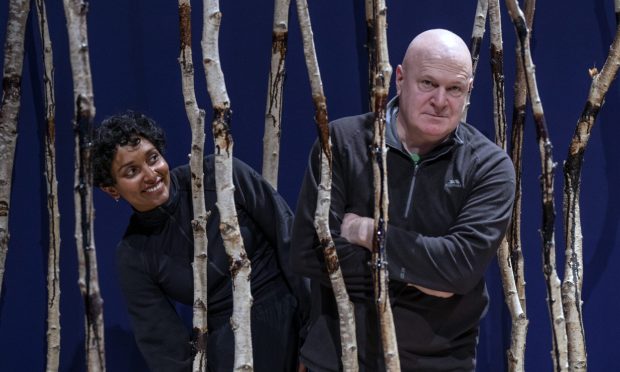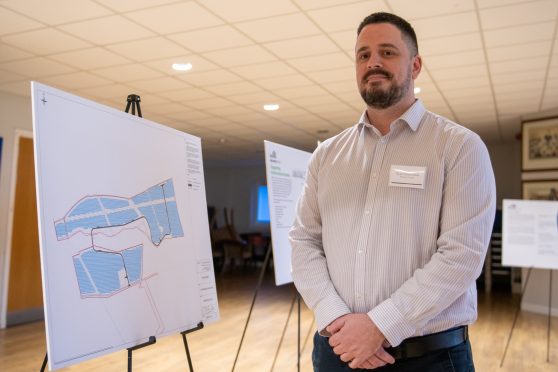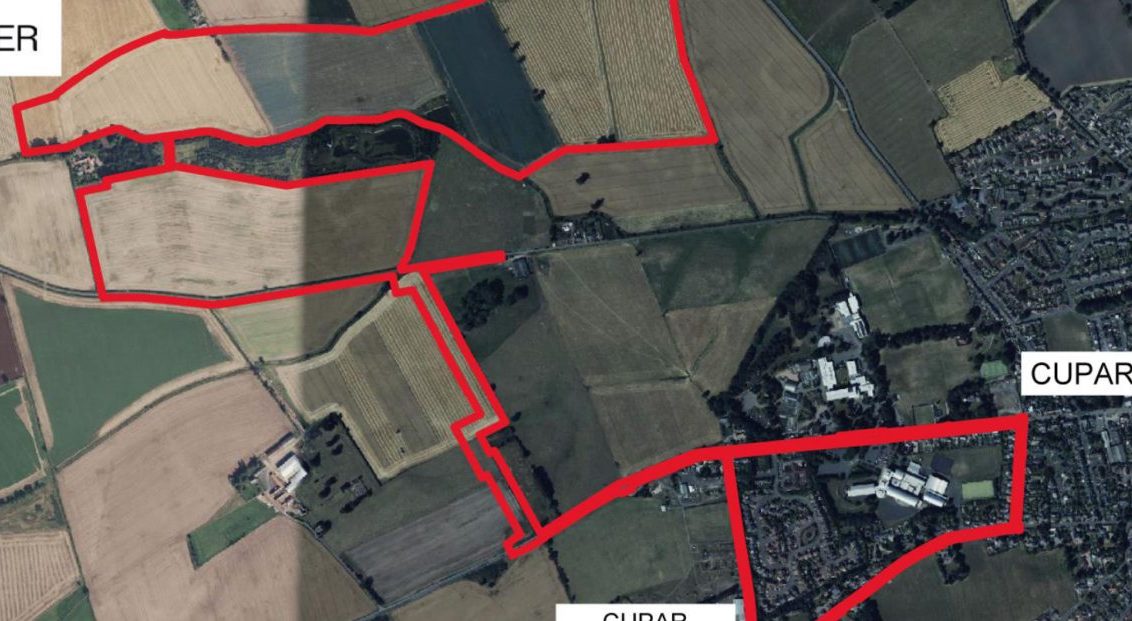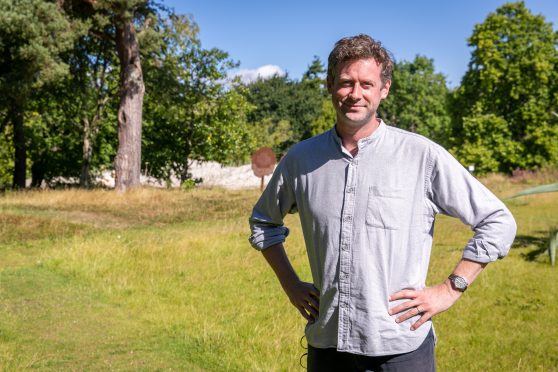An impoverished Malian farmer who donated a fraction of a penny is among thousands hoping to save a “vital” Dundee service collecting images from space.
Dundee Satellite Receiving Station (DSRS) was closed in April this year after funding was cut by the Natural Environment Research Council (NERC).
The centre, operated by Dundee University, has been recording and storing images of the planet taken from orbit since 1978.
Almost £10,000 has been raised through an online crowdfunder which hopes to raise enough funds to keep the centre, which is currently being decommissioned, afloat.
Donations have come in from across the world — from as far flung as a farmer in West African nation Mali, who said he uses the images to assess changes in the condition of his land.
The anonymous farmer posted “thanks for letting me see my land and my country from space” before adding “I hope my five West African Francs can help.”
The amount equates to 0.0068 in GBP.
The facility is mainly used by landowners, scientists, and researchers from across the world, many of whom assess images to better understand environmental changes.
Many scientific studies reference images collected by DSRS — particularly those tackling climate change.
The station’s manager Neil Lonie said the contributions have been overwhelming.
He said: “Word continues to spread about the fundraiser and we were taken aback by the speed in which they came in at the beginning.
“Interestingly, most of the donors have come from Europe, India, Africa and US, both in numbers and amounts.
“It has always been the ethos of the station to provide free weather, environmental or land use data to all.
“Comments such as that from Mali makes us feel good that we have been useful.”
The decision to close the station has been criticised from many quarters.
John Brush, who co-founded it, said it “makes no sense” while Dr David Baker, who worked on NASA’s Apollo missions to the moon, said it’s a “grave loss”.
Dundee University has previously said it was disappointed to shut the station but said it was “not in a position to match” the £338,000 funding loss from NERC.
